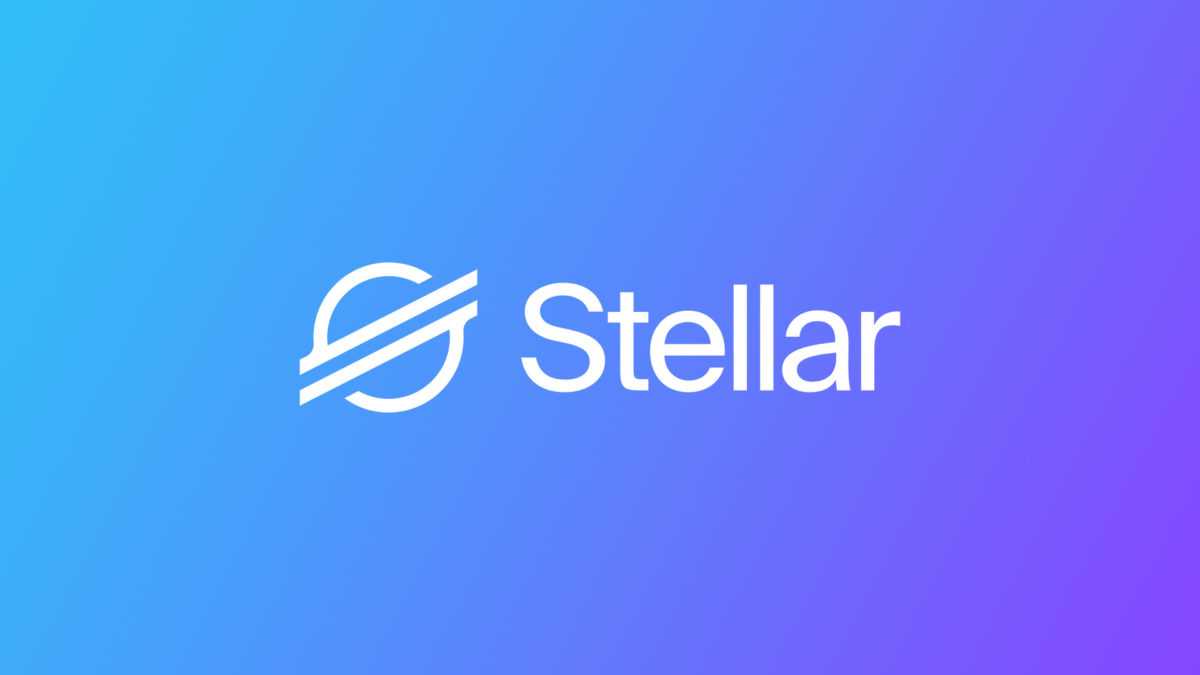Zelle co-founder to grow Stellar network as CEO of Interstellar

Quick Take
- Zelle co-founder Mike Kennedy will take the CEO role at Interstellar, a company aimed towards growing the Stellar network
- Kennedy is looking towards market making and liquidity solutions for Stellar
- Further down the line, he believes Stellar protocols could replace traditional international payment systems like SWIFT and correspondent banking

Zelle co-founder Mike Kennedy believes the Stellar blockchain could be the gold-standard for international payments, taking on current industry stalwarts. The Zelle co-founder is bringing his experience in the digital payment field to grow the Stellar network as the CEO of Interstellar, a for-profit company developing payment protocols on the Stellar network.
Interstellar was born out of a 2018 acquisition deal between Lightyear.io, a startup built on the Stellar protocol, and decentralized ledger technology builder Chain. At the time, the company stated that it aimed to provide enterprise solutions for adopting the Stellar blockchain, developed by the non-profit Stellar Development Foundation (SDF).
Interstellar is growing the network by building out the payment layer on Stellar, an area where Kennedy has extensive experience. The company has been connecting with various banks, licensed non-bank providers and companies, and building layers to entice a wider user base, according to Kennedy. This includes building projects that the SDF wouldn’t. Right now, this means pivoting towards liquidity and market making capabilities, something Kennedy said industry players continue to call for.
“That’s not something that makes sense for a nonprofit like the Stellar Development Foundation to do,” he said. “However, it is something that would really help to drive growth and adoption of the network beyond the rates that we’re seeing today, and so that’s one of the things that we will likely do with Interstellar.”
In 2011, Kennedy founded Zelle, a peer-to-peer payments system that was later adopted by almost all major banks in the U.S., including Bank of America, Chase and Morgan Stanley. Venmo was its biggest rival, founded at the same time. Zelle would go on to process over $ 35 billion transactions in Q4 2018, surpassing Venmo’s $19 billion. But Kennedy said the real giant to take on was PayPal, which had existed for a decade prior.
Now at Interstellar, Kennedy plans to take on similar giants – the SWIFT payment system and correspondent banking. Most traditional finance institutions utilize these mechanisms to transfer money internationally, but Kennedy said blockchain can do it faster, more reliably and at a lower cost.
“That's where the majority of dollars are going through for international payments today is the traditional SWIFT and correspondent banking, and we clearly have a much better solution that I think we’re going to get everyone to realize and adopt,” he said.
Kennedy will replace Adam Ludwin, the current CEO of the blockchain payments startup Interstellar and a former RRE Ventures partner. Meanwhile, Ludwin will go on to helm the company’s latest spin-off, Pogo, a subsidiary that will focus on apps and mobile wallets. Kennedy’s appointment at Interstellar follows the news that investment fund Franklin Templeton plans to tokenize the share of a government money market fund on the Stellar network. SDF CEO Danelle Dixon told The Block that the fund did not inform them of its plan and they only found out after the news broke. Earlier this week, SDF also announced its biggest airdrop to date of $121 million Lumen tokens to Keybase, a messaging app.
© 2025 The Block. All Rights Reserved. This article is provided for informational purposes only. It is not offered or intended to be used as legal, tax, investment, financial, or other advice.










